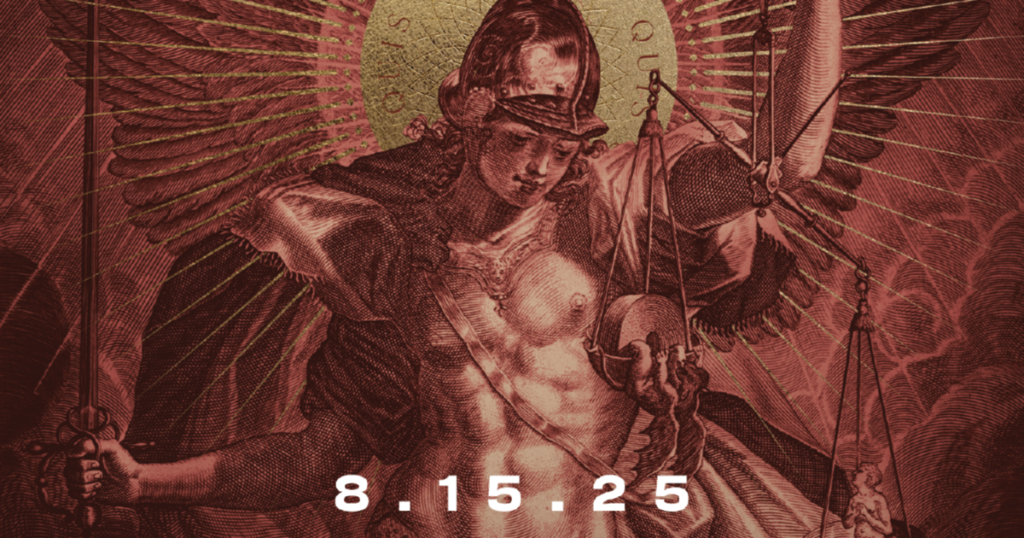Can you explain a little more how our fasting makes up for sin? I thought Christ’s death and resurrection was satisfactory. Yes. So notice the implication there. The implication would be as if I were to say Christ’s death and resurrection was not satisfactory, but I would say Christ’s death and resurrection is satisfactory.
The question is did God will an order of providence that would involve us Christians still incurring a debt of punishment for sin after we’re baptized, because the Catholic Church teaches that whenever we are baptized, the full merits of Jesus’s death on the cross are applied to us, and all debt of sin is wiped away, both eternal and temporal.
So if I’m an adult, I go get baptized, all debt of sin wiped away, eternal and temporal. But then the question remains, what did God will for born again Christians after they’re born again? And they continue to sin. Do they still incur debt of punishment for sin? And the answer is, according to the biblical data, yes, Christians, justified Christians can still incur a debt of eternal punishment if they commit a mortal sin, but they can also incur a temporal debt of punishment.
And we see this Dr. Staudt in Hebrews chapter 12 verses 5 through 6 where the author of Hebrews says that God wills to chastise every son of his. And then it talks about in verse 6 about God disciplining every son of his. So notice every son . . . that’s a born again Christian. That’s a justified Christian.
But yet, the chastisement implies an imposition of punishment. But God can only impose punishment if there is a punishment due. God can only punish if there is a crime that incurred a sin that incurred a punishment due for that sin. Given that it’s a Christian, we know that punishment is only temporary.
It’s not eternal. And so that would imply that there’s a temporary debt, a temporal debt of punishment due for that son of God who is incurred it through sin even after the initial stage of salvation. And so what that tells us is that God has willed in order of providence, that even after baptism, even after one becomes a Christian can still incur a temporal debt of punishment for sin.
And, given that reality, it is also revealed to us that fasting is connected with satisfaction for sin. And so we can undergo fasting and practice fasting in order to take care of that temporal debt of punishment due for sin. And notice, and this is something I wanted to mention earlier, Dr. Staudt, it is not done apart from Christ, but it is done in and through Christ.
And it is only because of the merits of Jesus’s death on the cross that are applied to me through my fasting to take care of that debt of temporal punishment due for past forgiven sin. I think we have a beautiful image of that. Jesus tells us take up your cross every day and follow me.
So what does that mean? It means that we need to sacrifice. Jesus said that we must sacrifice to be his disciple, but then he also says take my yoke upon you and learn from me. And so what does that mean that it’s not something apart from Christ because when you’re yoked with him, you’re carrying this burden together.





